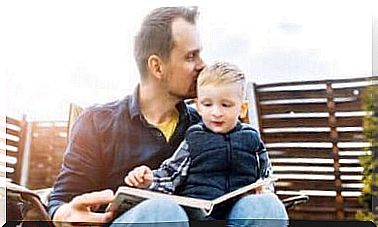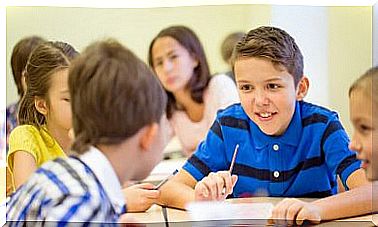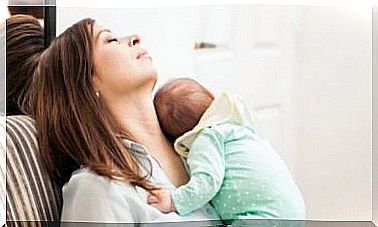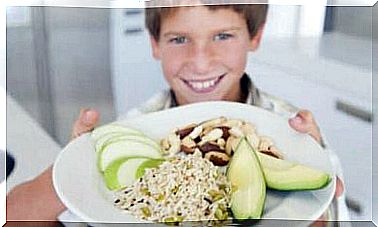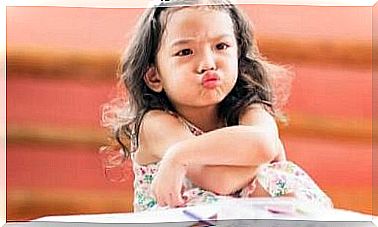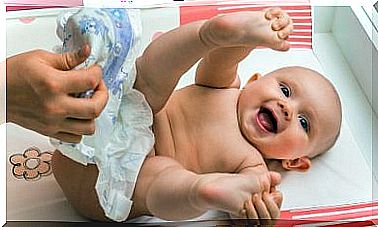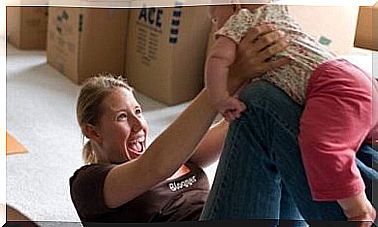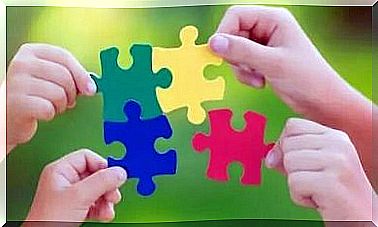It Affects Children’s Development When They Get Dirty During Play
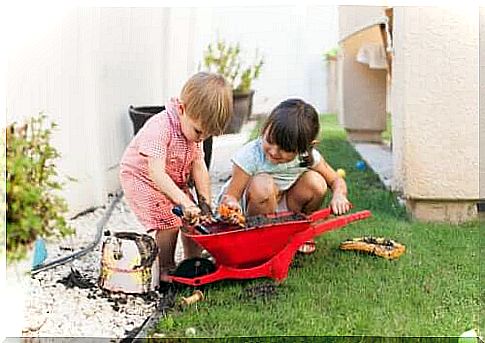
Many parents pray (some even demand) that their children, when picked up after school, have their hair combed perfectly and their clothes clean. So should we prevent children from getting dirty during play? Not at all!
Unfortunately, in many cases, parents and caregivers are more concerned about children getting dirty, and less worried about whether they are actually having fun.
It often seems as if parents are always telling their children, “Do not sit on the floor!”, “Be careful, you make your clothes dirty!” or “You are dirty!”. In fact, it is so common that we are used to it and even do it ourselves.
But is it really a good thing to prevent children from getting dirty all the time and be careful not to get dirty? We are sure mothers and fathers do it for the benefit of the child, but is it really necessary? Let’s look at that.
Children get dirty during play
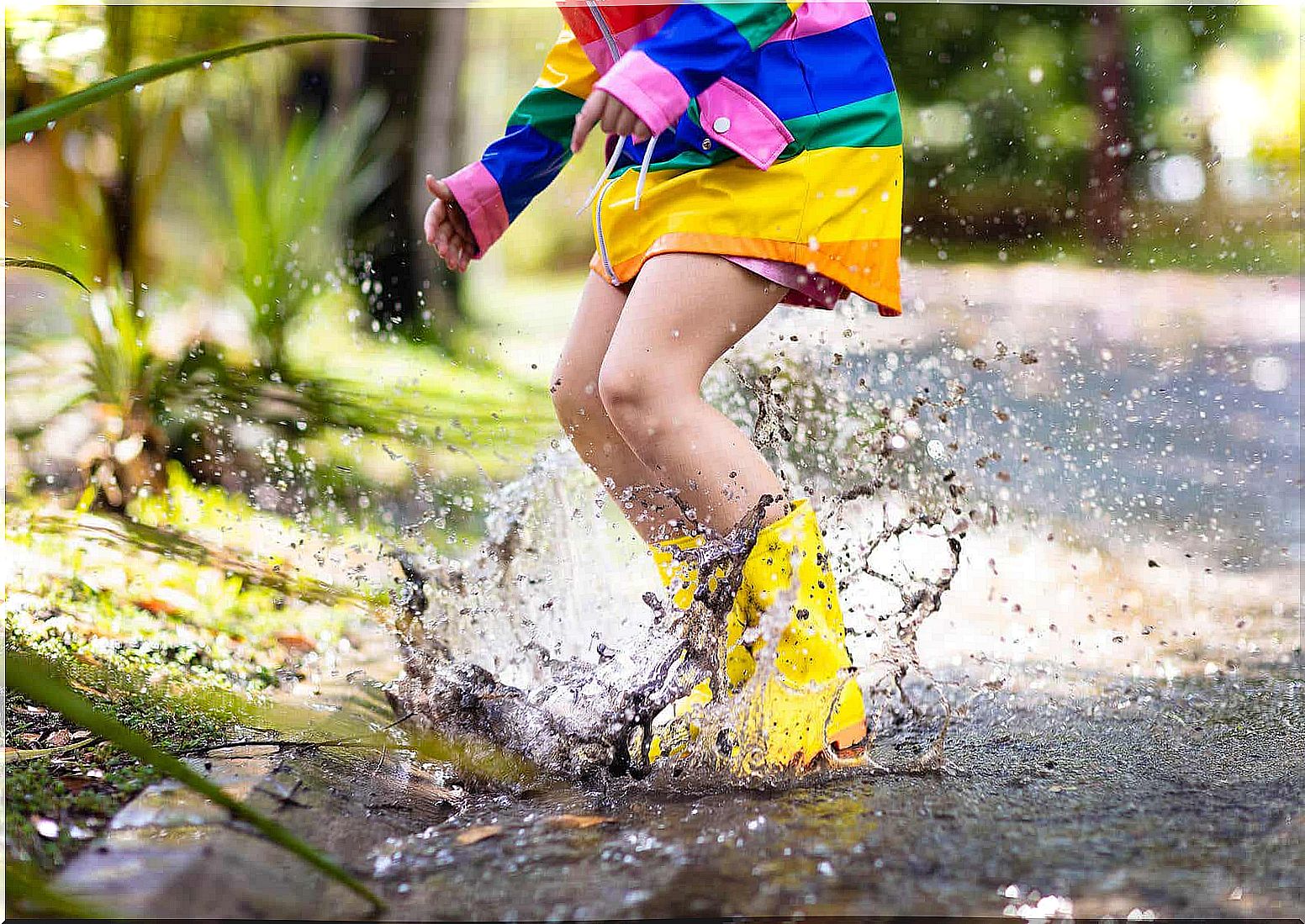
While hygiene is always important, it is also carefree enjoyment. Remember, during childhood, play is one of the ways a child learns.
Children who play include different elements, and exploration stands out among them. As the saying goes: “To make an omelette you have to crush some eggs” . In this case, we can say that something similar is happening. For children to explore, pry and learn, it is necessary for them to get dirty and make their hands dirty.
So dirt will be part of the child’s development. Do you know a child who does not get dirty when eating, painting or doing something for the first time?
It is normal for children to be curious, get dirty, throw themselves on the floor and take objects in their mouths. As parents, we need to make sure that what they do is not dangerous, and not worry so much that they do not stain their clothes, because this is part of their development, their learning, and ultimately their happiness.
How does it affect children to get dirty during play?
Undoubtedly, the effects are always positive. A child who gets dirty feels great because he is not worried about the clothes being clean. Below we look at several benefits.
Exploration
Children are explorers by nature. It’s their way of learning. So if the little one is dirty because they have been playing with mud, paint, food or other elements, they have in turn learned.
Fun
Without a doubt, it is fun for the child. The little one plays carefree about getting dirty or ruining his clothes. This is usually synonymous with having fun and enjoying playtime.
Creativity
This carefree time also benefits the child from a creative point of view. They try, taste, touch, stain. All this allows them to improve their creativity.
Protection
Oddly enough, we also improve their health by letting children get dirty, touch an animal or do such things because their immune system is strengthened.
However, we need to understand this aspect properly. Strengthening the immune system is only effective if it is done with common sense. It is good to know that if children grow up with a pet, it is unlikely that they e.g. develops an allergy to animal hair. But in the end, they still need their shower.
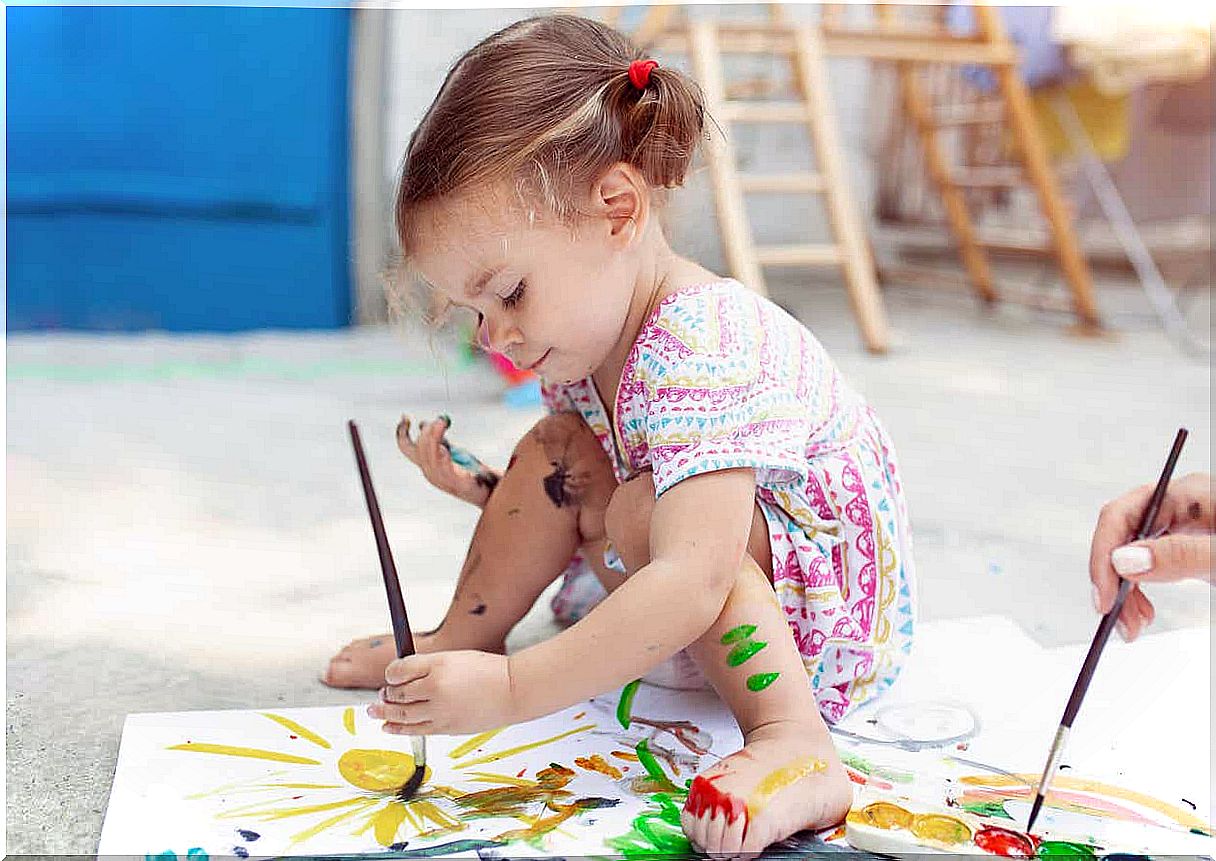
As for getting dirty during play
In short, when we answer the question, we can say that getting dirty while playing affects children’s development in a positive way, as they feel free to experiment and in short to learn.
For this reason, when the apartment is right and with common sense, we can allow the little ones to stain their clothes without worrying.
Likewise, we always have the option of letting the kids wear old or stained clothes while they play and have fun. Or if we do not, we can also choose the classic aprons, which have always been useful so that children do not ruin their clothes.
